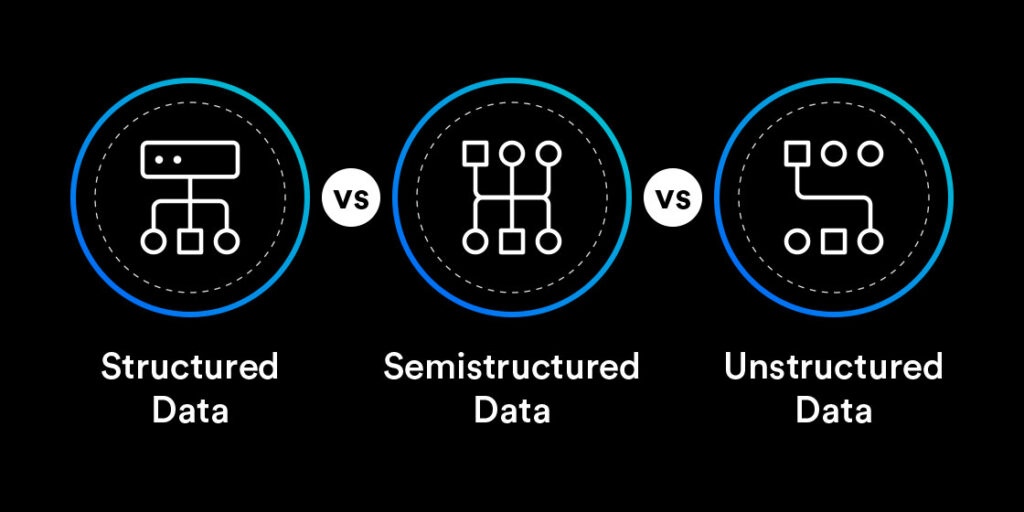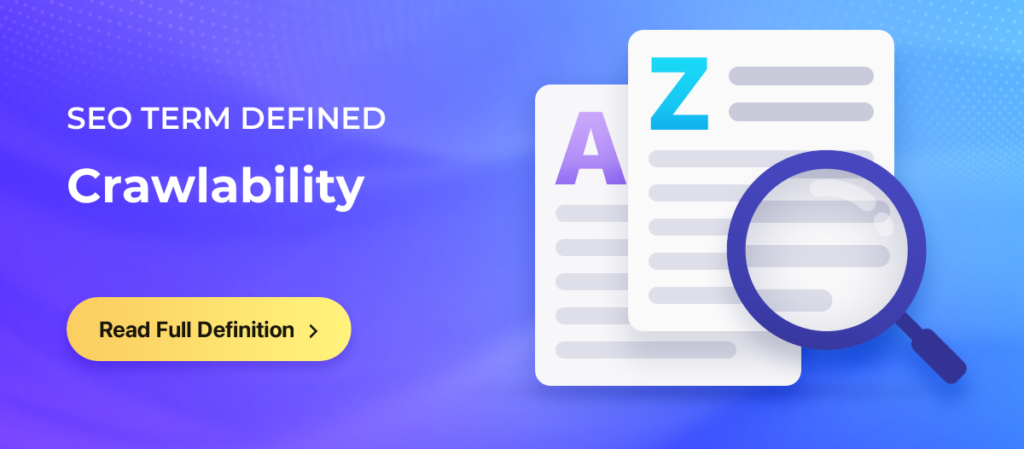In the fast-evolving landscape of SEO, staying ahead of technical best practices is crucial for ensuring your website ranks well and provides an optimal user experience. Here, we dive into the essential technical SEO practices for 2024 that will help enhance your site’s performance and visibility.
1. Site Speed Optimization

Why It Matters: Page speed is a critical ranking factor. Faster websites not only rank better but also provide a better user experience, reducing bounce rates and increasing engagement.
Best Practices:
- Minimize HTTP Requests: Reduce the number of elements on a page to minimize the number of requests.
- Optimize Images: Compress images using tools like TinyPNG or JPEG Optimizer.
- Use Browser Caching: Enable caching to store some data locally in the user’s browser.
- Implement a Content Delivery Network (CDN): Distribute your content globally to reduce latency.
Tools: Google PageSpeed Insights, GTmetrix, Pingdom.
2. Mobile-Friendliness

Why It Matters: With mobile traffic surpassing desktop, having a mobile-friendly website is non-negotiable. Google’s mobile-first indexing means it predominantly uses the mobile version of the content for indexing and ranking.
Best Practices:
- Responsive Design: Ensure your website adapts to various screen sizes seamlessly.
- Improve Mobile Load Times: Optimize mobile site speed with AMP (Accelerated Mobile Pages).
- Simplify Navigation: Use a clean, easy-to-navigate design tailored for mobile users.
Tools: Google Mobile-Friendly Test, BrowserStack, Mobile Emulator.
3. Structured Data

Why It Matters: Structured data helps search engines understand your content better, potentially leading to enhanced search results like rich snippets, which can increase click-through rates.
Best Practices:
- Implement Schema Markup: Use schema.org to mark up your content (e.g., articles, products, reviews).
- Use JSON-LD: Preferred format by Google for structured data.
- Validate Your Markup: Ensure your structured data is error-free.
Tools: Google’s Structured Data Testing Tool, Schema Markup Validator, Yoast SEO plugin.
4. Crawlability

Why It Matters: If search engines can’t crawl your site efficiently, it won’t be indexed properly, affecting your rankings.
Best Practices:
- Optimize Your Robots.txt File: Ensure it’s not blocking important pages.
- Use XML Sitemaps: Submit an XML sitemap to Google Search Console and Bing Webmaster Tools.
- Fix Broken Links: Regularly check for and fix broken links to ensure smooth navigation for both users and search engines.
- Implement Proper URL Structures: Use clean, descriptive URLs with relevant keywords.
Tools: Google Search Console, Screaming Frog SEO Spider, Ahrefs.
5. Secure Your Website
Why It Matters: Security is a ranking factor, and users are more likely to trust and interact with secure sites.
Best Practices:
- Use HTTPS: Ensure your site is secured with an SSL certificate.
- Regular Security Audits: Conduct frequent audits to identify and fix vulnerabilities.
- Update Software: Keep your CMS, plugins, and other software up to date.
Tools: SSL Labs, Security Headers, WPScan.
Conclusion
Implementing these technical SEO best practices will help ensure your website is optimized for both search engines and users, setting you up for success in 2024 and beyond. By focusing on site speed, mobile-friendliness, structured data, crawlability, and security, you can improve your website’s performance and visibility.
Keywords: technical SEO tips, improve website speed, mobile SEO.
Goal
By addressing these technical SEO aspects, your agency demonstrates a strong understanding of the essential elements that contribute to a well-optimized website. This expertise will appeal to businesses with more technical needs, showcasing your ability to handle complex SEO challenges and deliver tangible results.
4o


